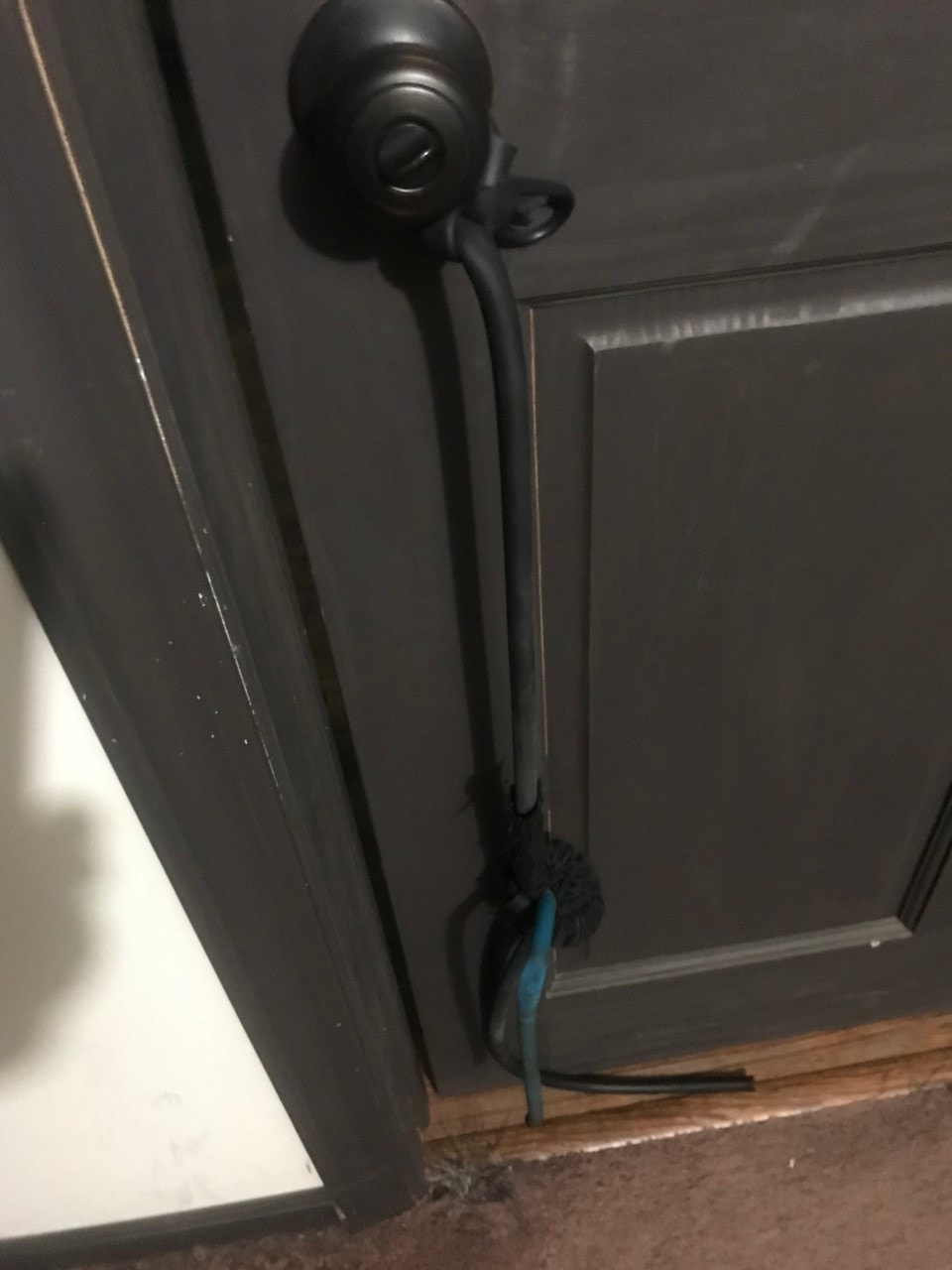
I asked that question recently after meeting with an orthopedic guy. In October 2020, I did serious yardwork, overextending my right shoulder chopping buckthorn with a power cutter. After two weeks of mauling the invasive species, I was done for the year, but the pain was not. It went on. And on and on.
It seemed if I stopped the action causing the pain, it would go away. So, I waited it out. I iced, heated, took ibuprofen. All three helped a touch, but no longer term improvement. I rested, waited out November and December, then realizing that was not enough went into physical therapy in January of 2021.
This led to five months of ultrasound, multiple stretches, massage, dry needling, cupping and strengthening exercises. The shoulder got better. I dialed down on the number of sessions a month with the physical therapist for my diagnosed “frozen shoulder.”
The therapist felt I was back to about 85 percent of normal, but I didn’t feel that way. Yes, much better than when I started, but still tight, frequently sore, with periods of intense pain if I accidently moved the shoulder the wrong way. This continued until February 2022 – more improvement, but not close to what would be considered “pre-injury status.” Having continued approximately 15 daily stretches since first starting therapy, I had hoped for more improvement over those 16 months.
At my annual physical, I discussed the ongoing pain and limitations, and got the appointment to see the ortho guy. He gave me a quick diagnosis, not unexpected, that my shoulder was bone on bone, and I had long-term arthritic deterioration based on heavy use of my right arm over the years. Options were a painkiller, keep doing the physical therapy, heat, stretch, ice. Long-term, if the pain gets intolerable, you can look at a shoulder replacement (not desirable).
When I spoke with him, I asked him about the psychological and emotional issues of deciding to see a doctor and whether patients mentioned to him a lessening of pain after finally making that decision to get a diagnosis. That was really all I wanted – to know “what” I had and what that meant for me in the years ahead. From there, I can manage it.
He agreed with me, and said that solely the fact of “knowing” what you have lessens pain. The brain overcomes the body. Certainly, the pain doesn’t completely go away. But, when the expert gives you an explanation, some juices are released in the brain and body that relax you and make you feel better – as if you have more control.
I’ve noticed this syndrome at other times. Going on vacation and an injury that was bothering me for weeks went away quickly when I wasn’t worrying about my job or the day-to-day grind. Feeling better after seeing doctor and getting a diagnosis less dangerous than some killer disease you speculated you had.
The mind takes care of business. Control it, and you can reduce your pain symptoms. The ortho doc agreed, citing multiple situations where he’s seen that happen. I’m not the expert, so I’m taking it from the doctor. Find out what you’ve got, reduce stress, relax to the best of your abilities and stick after it.